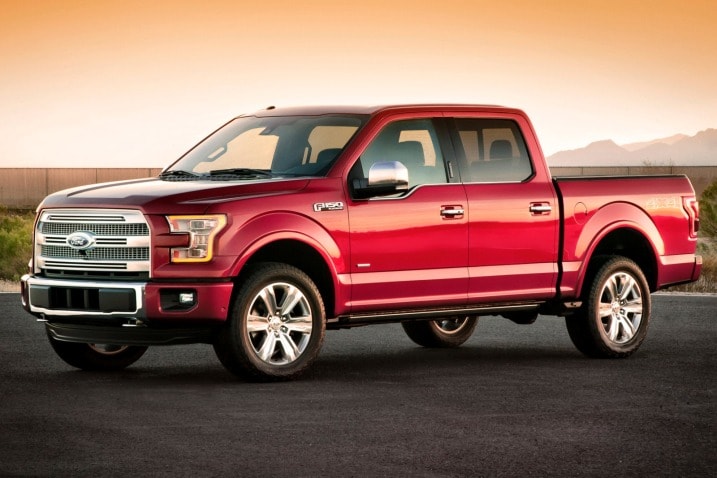Truck Leasing Cons:
You'll Probably Never Own the Truck: The allure of a low payment may be tempting, but there is no way around this fact: At the end of the lease, you'll own nothing. Had you bought the truck, however, you might be halfway (or more) to paying it off.
Many shoppers go from one lease to another lease. This cycle prevents you from ever owning a vehicle or getting a break from making payments.
A New Down Payment with Each New Lease: If you look forward to leasing a new truck every three years, you should keep in mind that chances are good you'll have to make a new down payment to start a new lease every three years, too. Start-up costs for most lease specials run about $3,000.
It's true that if you are leasing, you may have equity in the truck that could be used as a down payment towards something new. However, there is no guarantee this will happen, and chances are it won't. Counting on using equity from a lease as a down payment towards something else is probably a bad idea.
Excessive Wear and Tear Charges: Maybe you're looking at a truck because you want to haul, tow and go off-roading. But these activities can be tough on a vehicle, and being tough on a vehicle can be costly if you're leasing.
When your lease is done and you give the truck back to the bank, the lender is going to want it to be in pretty good shape so it can be resold. If the truck has more than its fair share of bumps and bruises, you will probably be hit with "excess wear and tear" charges. These can range from hundreds to thousands of dollars. A charge like that can eat up the monthly payment savings you've received for leasing instead of buying.
If you're a weekend warrior who will be using the truck for Home Depot runs or moving the occasional couch, think about investing in a bedliner and all-season floor mats. That will usually be enough to mitigate the chances of excessive wear and tear charges. But if you're a hard-core off-roader, you might want to be a truck-buyer, too.
A Good Truck Lease Might Be Hard to Find: Part of the allure of leasing is getting a low payment. But not all trucks have factory lease specials, and some of the advertised leases are for models that might not appeal to you.
If you're planning to spend more time in your truck off-road than on, if you like keeping vehicles forever, or if you can't stomach the idea of never-ending payments, leasing probably isn't for you. But if you're doing light duty in the truck, want to keep your monthly payments low, and would like to get something fresh and new every few years, leasing a truck may be just right for you.
